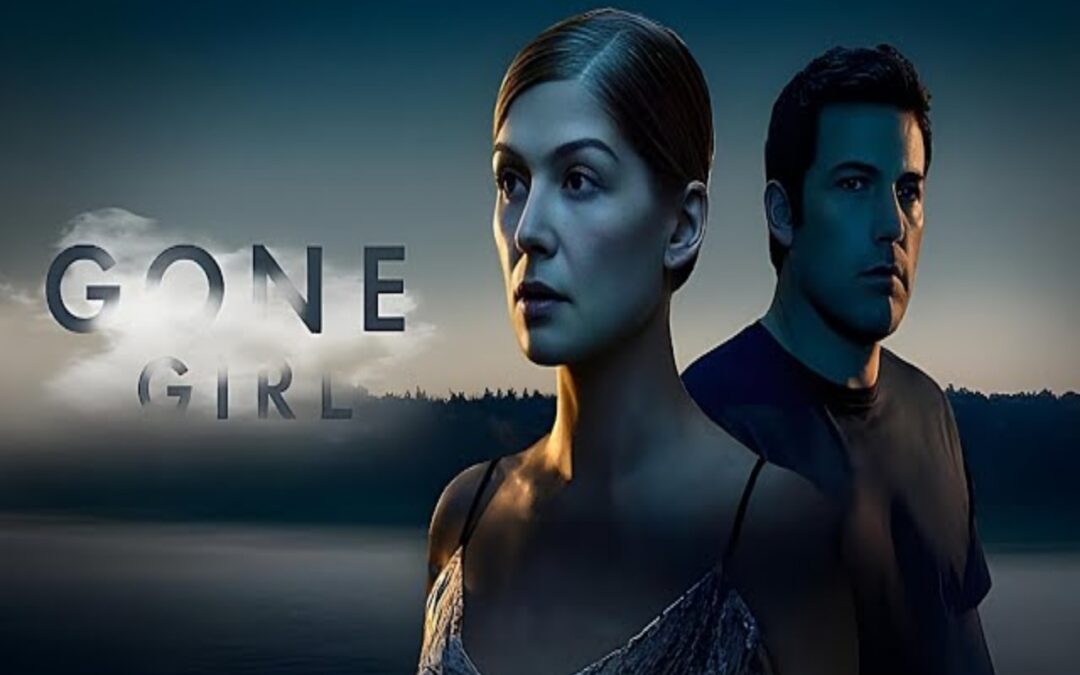Ever picked up a book and thought, this would make a great film? You’re not alone. There’s something endlessly thrilling about watching words take flight off the page and onto the screen. But as any reader will tell you, that doesn’t always happen. Some adaptations fall short. Others? They strike gold. Here’s a look at five films that not only did justice to the books that they were based on, but also left audiences completely under their spell.
1. The Lord of the Rings Trilogy by J.R.R. Tolkien
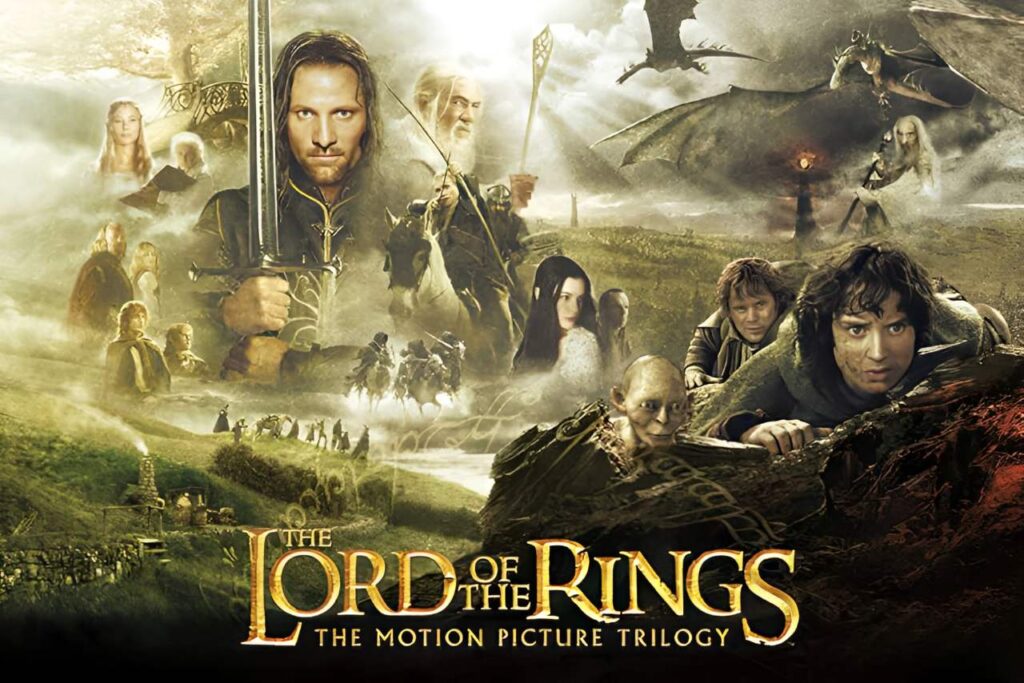
Let’s be honest—adapting The Lord of the Rings was a gamble. Tolkien’s world is enormous, with invented languages, detailed histories, and characters that could carry their own franchise. But Peter Jackson succeeded. Actually, he not only succeeded—he created one of the most iconic trilogies in movie history. It was not just about Orcs and elves. The emotional impact, the suspense, the moral complexities—those belonged to Tolkien, but they rang true even more with Howard Shore’s score and the breathtaking New Zealand landscapes. It does not often happen that a fantasy movie wins Best Picture (The Return of the King did), and even more seldom when both the audience and critics feel it was deserved.
2. 3 Idiots – inspired by Chetan Bhagat’s “Five Point Someone”
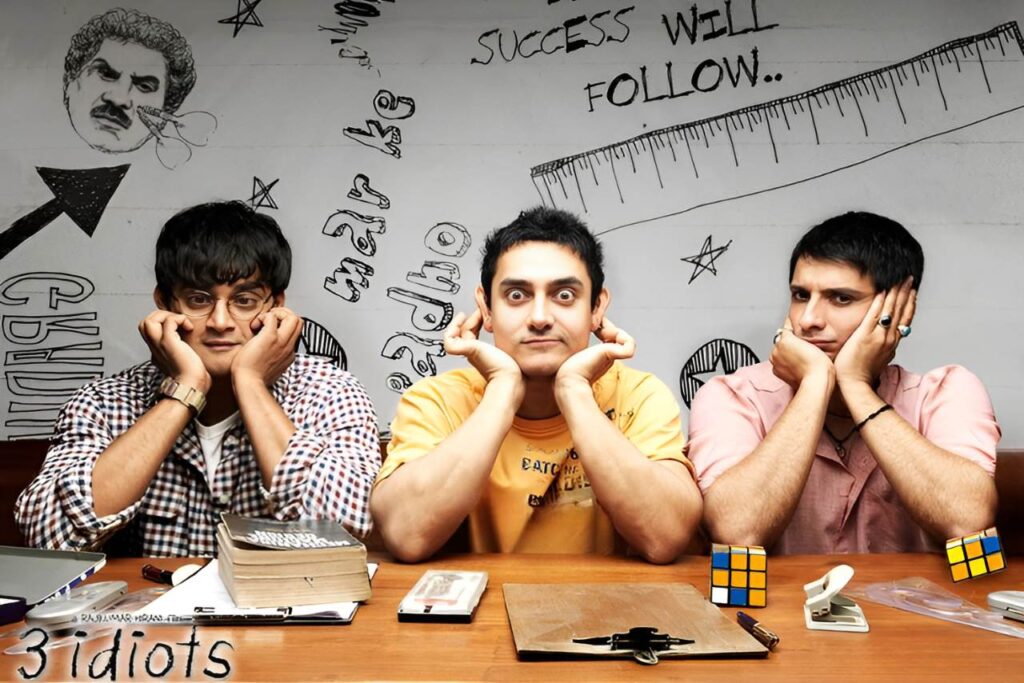
At first glance, 3 Idiots feels like a typical college comedy. But it sneaks up on you. Beneath the humour and hijinks is a powerful commentary on India’s education system—a system many know too well. The movie doesn’t follow the book to the letter, but that’s probably why it works so well. Rajkumar Hirani took the heart of Bhagat’s story and reshaped it with more bite, more warmth, and a lot more soul. Aamir Khan’s Rancho became the icon of rebellion against pressure from teachers, and his catchphrase “All is well” still echoes in classrooms. It’s rare that a movie makes people laugh, cry, and question their own existence—all at once. 3 Idiots did that and more.
3. Parineeta – Sarat Chandra Chattopadhyay, a novella of 1914
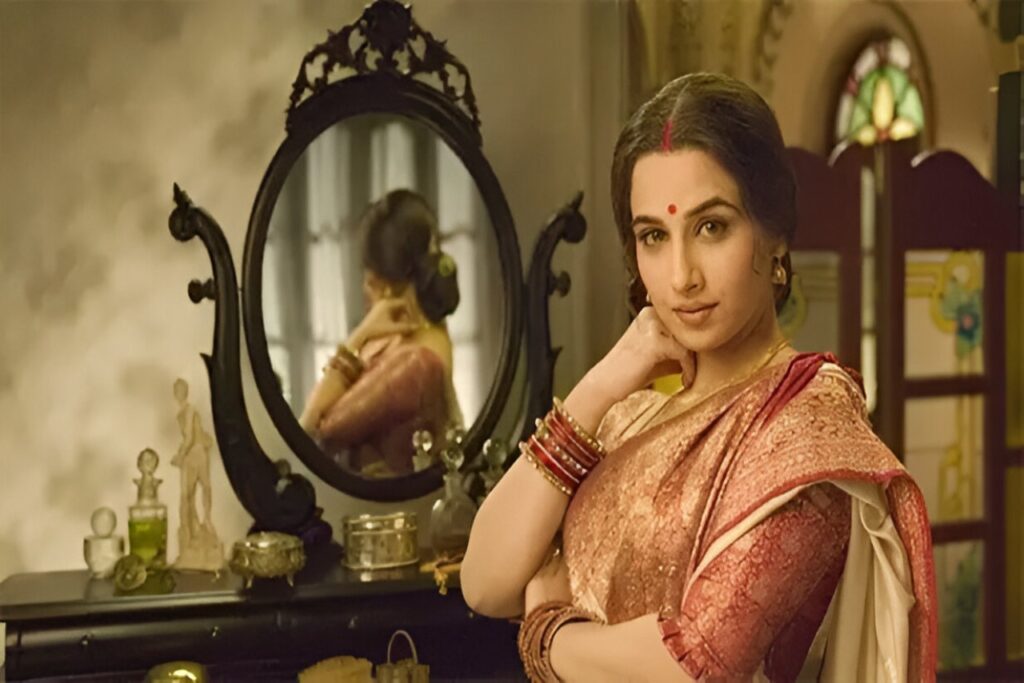
If Parineeta were a painting, it would be watercolour—layered, soft, and emotional. This adaptation didn’t hurry. It took its time, soaking up the tension between tradition and passion. The movie, set in the 1960s, brought old Calcutta to life with such depth that it felt like entering a different era. What stood out, though, was Vidya Balan. Playing Lalita, she was poised and spiky—two things that made her utterly unforgettable. It’s the kind of film that whispers its influence, but doesn’t scream it. And that leaves you with it all the more.
4. 2 States – Chetan Bhagat’s novel
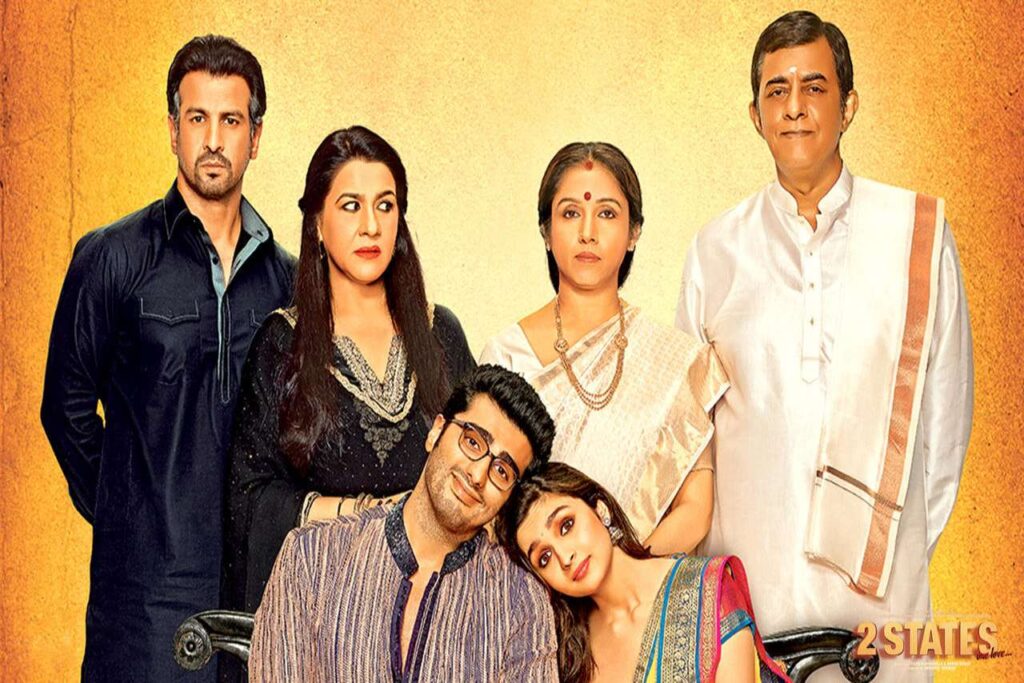
Another of Bhagat’s collection, this one is intimate—literally. 2 States was inspired by his own relationship, and that reality came across in the movie. It tackled the drama of what happens when two people from vastly different Indian cultures fall in love—and try to convince their parents it will last. There’s nothing overly complex about the plot, but that’s its charm. Millions of couples face the same dilemma. The romance of the film lies in its reality. The characters are not hero types. They’re human beings—flawed, obstinate, and so in love. And that makes it all the more romantic.
Also Read…
5. Gone Girl – ‘Gone Girl‘ by Gillian Flynn
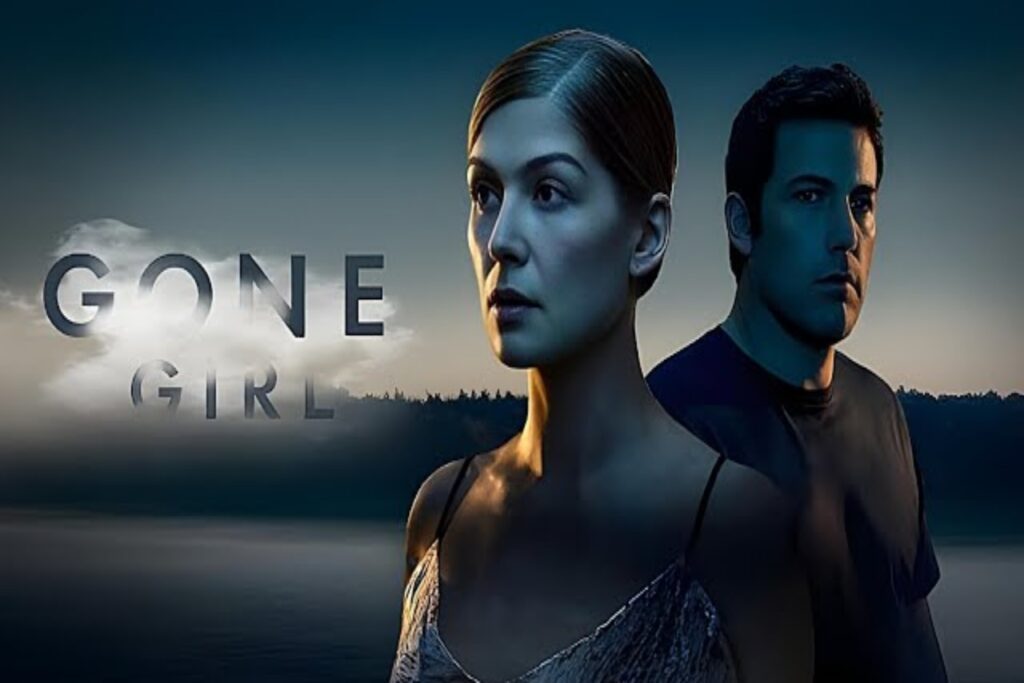
If Gone Girl had any lesson, it’s that nothing is ever as it appears. The book was a manipulative masterpiece, but the movie turned the knob to 11. Directed by David Fincher and featuring Rosamund Pike and Ben Affleck, this adaptation didn’t just follow the story—it played games with the viewers. You’re left guessing who is lying, who is worse, and what is true. Pike’s acting as Amy Dunne is frightening in the best possible way. If you have ever wondered how dangerous a well-written female character can be, Gone Girl will answer.
Why These Adaptations Worked
What all five of these films have in common is not just that they’re based on books. It’s that they respected the original’s essence and still found their own film language. They didn’t copy; they translated. And that’s why they were memorable. Readers tend to worry that movies will “ruin” a good story. But if the right director, actors, and screenplay are involved, film can be a celebration of the written word—never a substitute for it. So the next time somebody says, “The book was better,” perhaps take a moment. Because occasionally, occasionally, the film gets it exquisitely right.
Writer – Subham Choudhary

